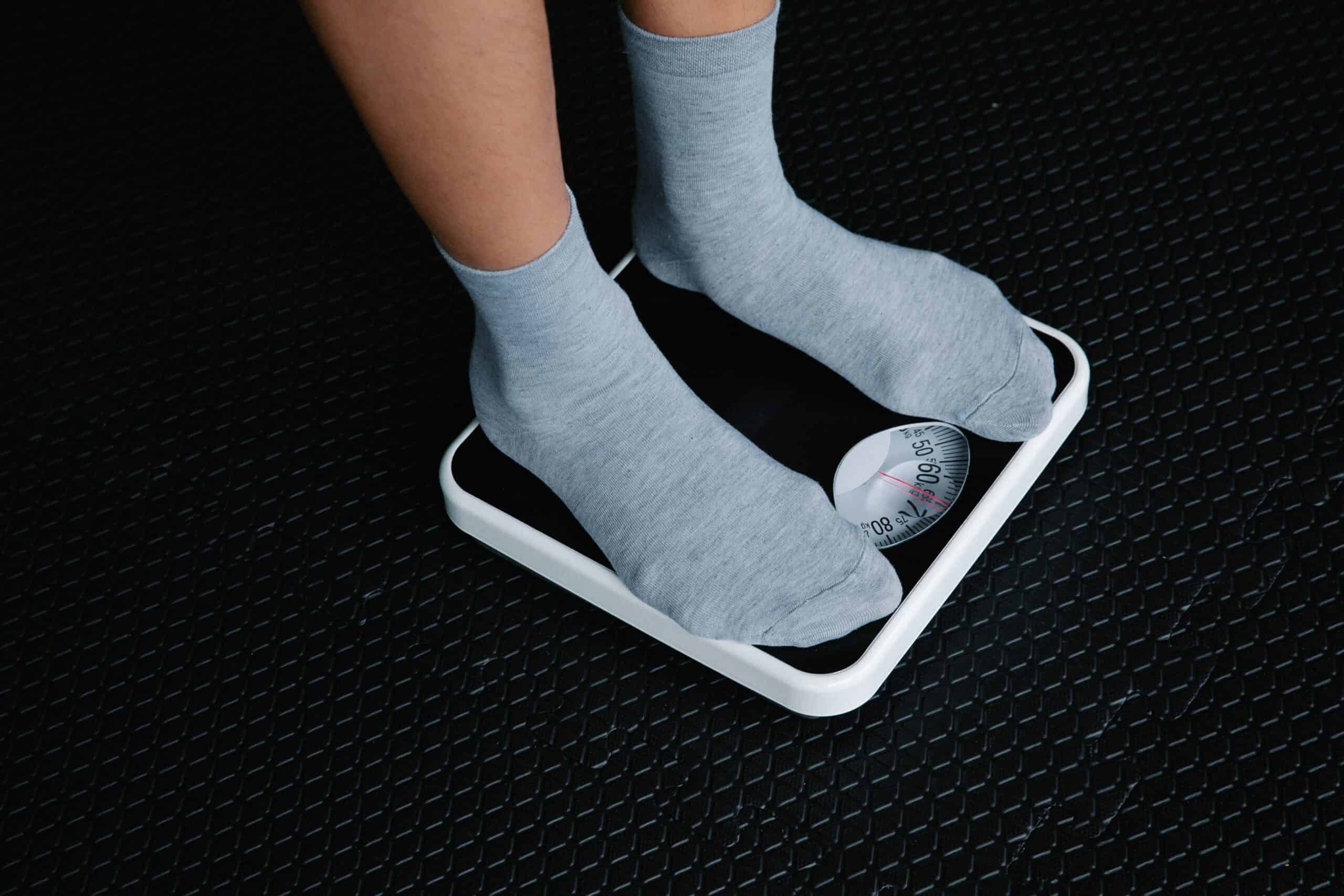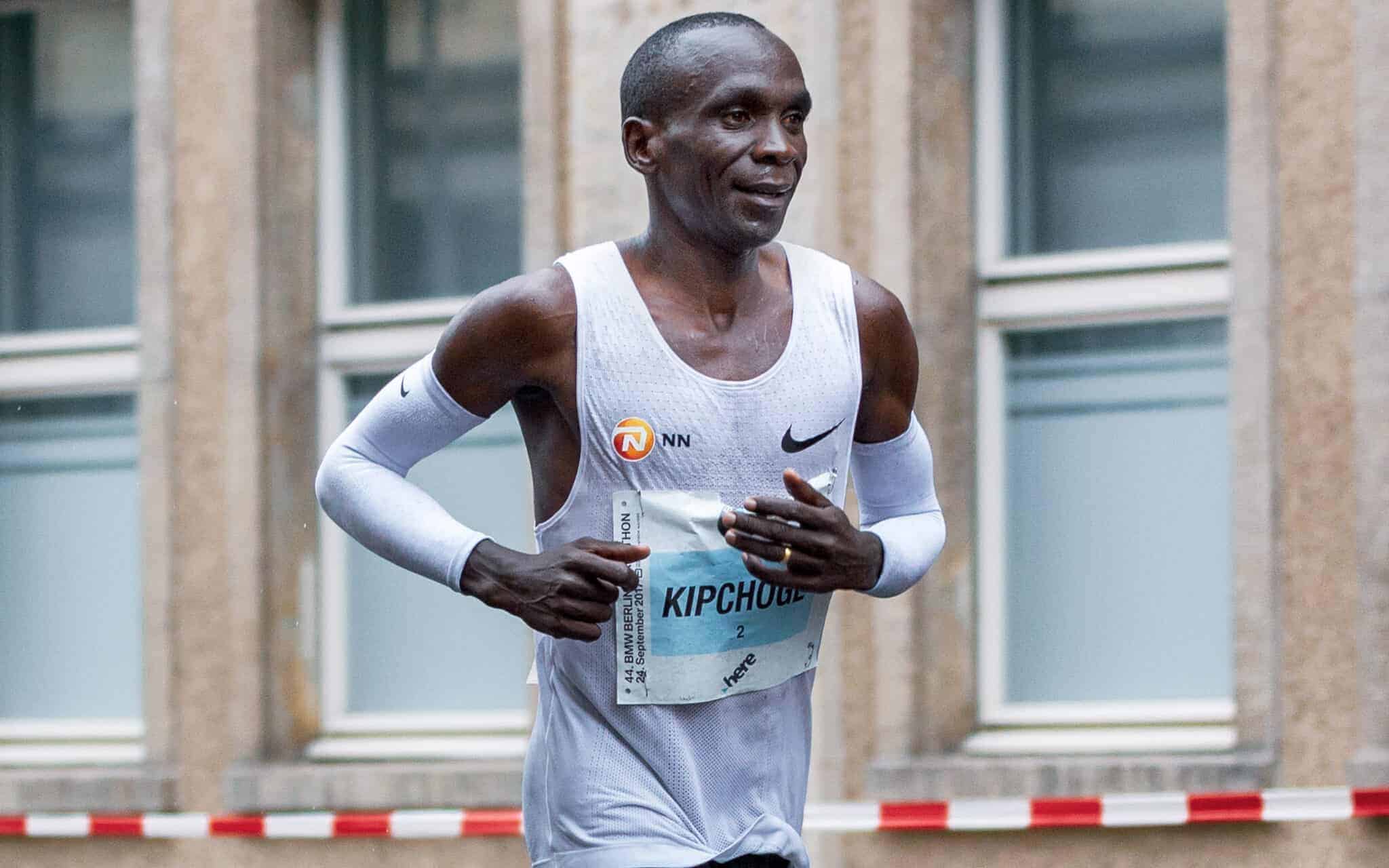Fasting has been a hot topic in the health space for the last few years, especially for its positive effects on weight management and longevity. Today, fasted cardio has become a popular fitness trend, with some swearing that exercising while fasting compounds benefits like fat loss. But is running on an empty stomach, or fasted running, actually beneficial for runners?
While it can be easy to forego breakfast before an early morning run, it’s important to understand how fuel affects our running. In this article, we will explain fasting and fasted running, how and when to safely try fasted running, and the benefits and drawbacks of this nutrition strategy.
The Basics of Fasting and Fasted Running
What is Fasting?
Fasting is the practice of abstaining from eating and drinking for a period of time each day or week. Fasts commonly last between 8 and 12 hours. Some popular fasting practices you may have heard of are intermittent fasting and time-restricted eating, which are both practices where people limit or pause their food intake for windows of either hours or days.

Because fasting limits when you eat, it helps reduce overall caloric intake and manage weight gain. Additionally, research from the Mayo Clinic has shown that general fasting lowers the risk of obesity-related diseases, such as diabetes, and improves health conditions associated with inflammation, including arthritis.
What Is Fasted Running?
Fasted running is the practice of going on a run after not eating for an extended period of time. This cardio strategy has gained traction in the running community for its potential benefits associated with fat loss, body composition changes, and enhanced performance.
Fasted runs are often done in the morning right after waking up out of practicality – as sleep is traditionally a 7 to 9 hour window of not eating. Morning is also a good time for fasted runs because your metabolism is coming out of a rested state. Without consuming carbohydrates first thing in the morning, your body can kick-start fat metabolism instead.
Some runners also go on fasted runs throughout the day while intermittent fasting or during fasting periods of time-restricted eating.
A Quick Guide to Fasted Running
If you’re interested in trying fasted running, here are some tips to safely get started.
- Keep your run short. Start with only 20-30 minutes of running and monitor how your body reacts to fasted running. You can increase how long you run fasted as your body adjusts over time, but you should only run up to 60 minutes while fasting.
- Go for a fasted run right when you wake up. That way you’ll have fasted overnight and can resume regular eating schedule after the run.
- Drink lots of water. Hydration is critical, especially during any cardiovascular intensive exercise, and hydration helps suppress your appetite.
- Take 2-4 grams of salt tablets daily while fasting. During fasts, your body excretes more sodium and loses electrolytes. Adding salt tabs to your water throughout the day will help curb muscle contractions and keep you hydrated. Here’s our recommendations on best salt tablets for runners.
- Only fast before easy runs. Fasted running should be limited to easy-paced runs. Avoid high-intensity workouts while fasting.
- Break the fast with a healthy source of protein and fat. Fish, eggs, nuts, yogurt, smoothies, fruits, and vegetables are great options to ease your body back into eating after fasting.
- Avoid carb-loaded meals and sugary drinks after a fasted run. These options will cause your blood sugar to spike and raise your hunger hormones, making the next fast harder. Staying low carb is also important if your goal is to continue using fat as fuel.

Why Do Runners Fast Before Training?
First of all, it’s convenient. You don’t have to prepare food, wait to digest it, and then start training. With fasted running, you can get out the door and start running without the hassle of spacing out your meals or preparing a pre-run snack. This reason is especially common for runners with digestion problems because it helps them avoid cramping and other digestion issues on runs.
Additionally, many runners are intrigued by the potential health benefits of this strategy, especially the perceived weight loss help. There’s a lot of buzz that this training strategy helps with fat loss. Since losing weight helps to make the body leaner, it may help improve running speed and performance.
But does fasted running really help with weight loss? Don’t we need fuel to run our best? Keep reading to find out!
What Are the Benefits of Fasted Running?
Many studies have analyzed the effects of training in a fasted state. Here are some of the most significant benefits.
Increased Fat Burning
When you consume food, your body takes in carbohydrates, converts them to glucose, and then stores excess glucose as glycogen in your muscles and liver. While exercising, glycogen is the body’s primary source of energy, and the use of glycogen stores increases as the intensity of your workout increases.
However, without a recent meal in your system, your body is in a glycogen-depleted state. Because of the limited glycogen stores while fasting, your body accesses fat stores for energy instead. This adaptation causes an increase in fat oxidation or the breakdown of body fat.
Researchers have found that fasting for more than six hours before a run optimizes fat oxidation, while ingesting carbohydrates before a run significantly reduces fat oxidation. This study even found that ingesting carbohydrates before exercising can reduce fat oxidation by up to 30%.
Why is fat oxidation important? Increased fat oxidation is correlated with accelerated weight loss and improved weight management. In turn, runners can experience positive performance gains from weight loss.
One thing to keep in mind is that you are not burning more calories during fasted runs. You are just burning calories from stored fat instead of from carbohydrates.

Fewer Digestion Issues
With fasted cardio, you won’t have to worry about digestion problems affecting your running.
During exercise, the digestion process slows down because blood is diverted to your muscles and lungs. That means food is left sitting in your stomach, which can cause bloating, nausea, gas, and cramping.
Stomach cramps while exercising are often caused by inefficient digestion along with the up-and-down movements of running. They are especially common after ingesting a heavy meal before running.
Therefore, it’s often advised not to eat at least an hour before running. Fasted running will help you avoid these digestion issues altogether because there’s little to no food in your system that your body has to digest while fasting.
Improved Blood Sugar Regulation
Blood sugar refers to the amount of glucose in your bloodstream. Your blood sugar levels increase when you consume carbohydrates. When glucose enters your bloodstream, insulin controls the amount of sugar in the blood and helps it enter cells to be used for energy.
However, some people struggle with insulin resistance, which means the body can’t effectively take glucose from the blood and properly store it. When the body is insulin resistant, it is more likely to store food as fat. Over time, insulin resistance can lead to conditions such as prediabetes, type 2 diabetes, obesity, and cardiovascular disease.
Exercise is one way to help lower insulin resistance. Additionally, fasting improves insulin sensitivity because it allows the body to rest and helps insulin levels drop significantly. Fasted cardio can be beneficial to runners because increased insulin sensitivity supports muscle growth and helps with fat loss.
Correlation to Weight Loss
Weight loss occurs when you burn more calories than you consume. When you run, you burn about 132 calories per mile on average. While fasting, most people reduce their daily calorie consumption. If fasted runs are a part of your training sessions and you’re reducing your overall caloric intake, it will ultimately help you lose weight.
However, it’s important to remember that fasted running is only correlated with weight loss, not directly related. If you still consume the recommended 2,000-2,500 daily calories over two meals instead of three, fasted running will not affect your weight loss.
What Are the Drawbacks of Fasted Running?
While fasted running has some advantages, there are several risks to consider.
Reduced Muscle Strength
We’ve already learned that when the body can’t tap into glycogen stores, it utilizes fat stores instead. But fat stores aren’t the only place the body gets energy from while fasting. During fasted cardio, the body also breaks down protein for fuel.
Protein is essential for runners as it helps build muscle mass, aids in running recovery, reduces the risk of injury, and promotes proper immune system functioning.
While about 5% of our fuel comes from protein during non-fasted training, the amount of protein breakdown doubles during fasted training. This increased protein use can lead to muscle loss, reduced strength (which may call to incorporate more strength training for running), a higher risk of injury, and poor recovery. All of these factors can negatively affect your overall performance as a runner.
Elevated Cortisol Levels
Cortisol is an essential hormone that regulates your body’s stress responses, helps control metabolism, suppresses inflammation, and more. High cortisol levels can lead to weight gain, muscle weakness, and weak bones.
Because exercise and hunger are both stressors to the body, fasted running can increase cortisol levels.
In doing so, the body is triggered to store more fat, especially in the abdomen, which negates any potential weight loss benefits from fasted running. High cortisol levels can also negatively impact strength and energy levels and cause fatigue and poor recovery.
Impaired Performance Levels
With low energy availability from carbohydrates, it is hard for athletes to utilize quick fuel and perform their best while fasting.
Researchers have found that exercising on an empty stomach makes it very difficult to train at even moderate intensity. In this study, the people that ate before training participated more intensely, so they ended up burning more calories. In turn, they experienced heightened fat loss. Since the fasted participants weren’t performing optimally, they burned fewer calories. This information challenges the theory that fasted running helps accelerate weight loss.
To Fast or Not to Fast?
If you’re still wondering if it’s better to go running on an empty stomach or not, you should consider your personal health conditions and running goals.
Fasted running might be a good option if you’re in a hurry and need to get a quick run in. It can also be good for those who struggle with digestion problems and have problems with stomach cramps on runs. Or, if you’re just going on a short run at an easy pace, fasted training is probably fine.
However, if your goals are to get stronger and faster and to perform better and longer, you should eat a nutritious meal before hitting the concrete and consume running gels during your long-distance runs. Fasted running should definitely be avoided on race days, during strenuous workouts, or while doing any type of endurance training, such as triathlon training.
Furthermore, you might want to think again if you’re only going on fasted runs to lose weight. While some studies support the theory that fasted running helps with weight loss, others show that body composition changes and weight loss from exercising are similar for fasted and non-fasted people. If your main goal is to lose weight from running, try a HIIT workout or sprints instead to get your heart rate up quickly, increase your metabolism, and burn fat more effectively.
That being said, we highly recommend that you consult with a licensed medical professional, such as a registered dietitian, to determine what training plan is best for you and your specific health needs.
Frequently Asked Questions about Fasted Running
Fasted running might be a good option if you’re in a hurry and need to get a quick run in. It can also be good for those who struggle with digestion problems and have problems with stomach cramps on runs. It’s only recommended on short run at an easy pace, fasted training is probably fine.
No. if your goals are to get stronger and faster and to perform better and longer, you should eat a nutritious meal before hitting the concrete and consume gels during your long-distance runs. Fasted running should definitely be avoided on race days, during strenuous workouts, or while doing any type of endurance training, such as triathlon training.
Without a recent meal in your system, your body is in a glycogen-depleted state. Because of the limited glycogen stores while fasting, your body accesses fat stores for energy instead. This adaptation causes an increase in fat oxidation or the breakdown of body fat.
A fasted cardio session should last no longer than 30-45 minutes and should not exceed an easy to moderate pace.





